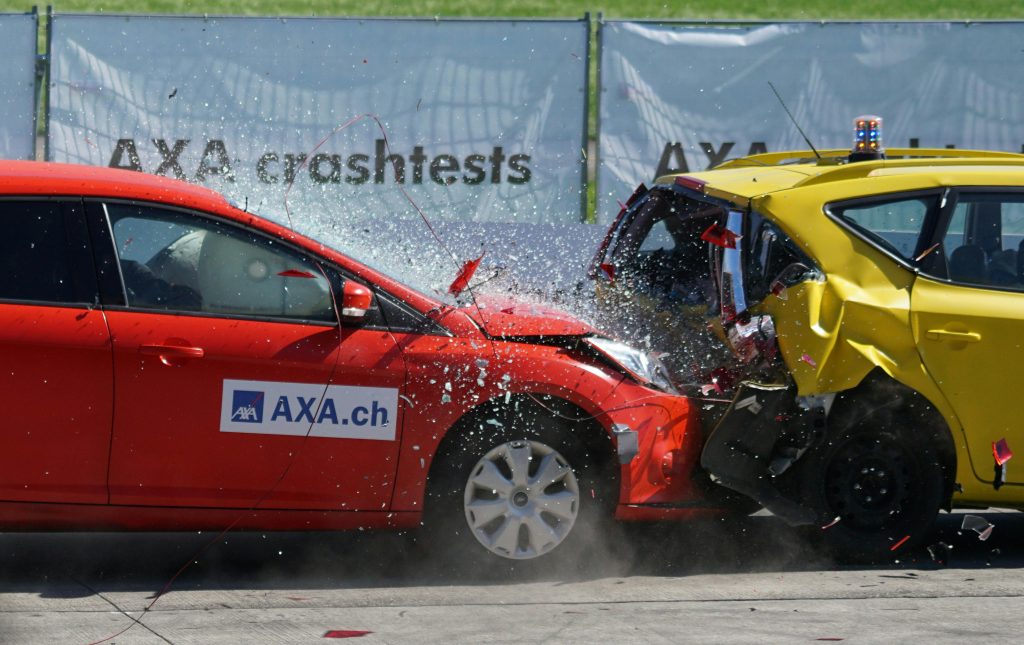 A recent Louisiana Court of Appeal case sheds light on the complexities of personal injury claims following car accidents, particularly when pre-existing conditions are involved. In the case of Lewis v. Fowler, the plaintiffs were involved in a minor accident and subsequently claimed significant damages for aggravated chronic pain. However, the court ultimately ruled that their pre-existing conditions were not substantially worsened by the accident and that they had been adequately compensated by the initial settlement from the at-fault driver’s insurance. This decision highlights the importance of establishing a clear causal link between the accident and any claimed aggravation of pre-existing conditions and the challenges plaintiffs face in proving damages when their medical history is complex.
A recent Louisiana Court of Appeal case sheds light on the complexities of personal injury claims following car accidents, particularly when pre-existing conditions are involved. In the case of Lewis v. Fowler, the plaintiffs were involved in a minor accident and subsequently claimed significant damages for aggravated chronic pain. However, the court ultimately ruled that their pre-existing conditions were not substantially worsened by the accident and that they had been adequately compensated by the initial settlement from the at-fault driver’s insurance. This decision highlights the importance of establishing a clear causal link between the accident and any claimed aggravation of pre-existing conditions and the challenges plaintiffs face in proving damages when their medical history is complex.
Walter and Beverly Lewis were rear-ended at a stoplight. While the accident was minor, with no damage to the other vehicle and only slight damage to their own, the Lewises claimed the accident aggravated their pre-existing back and neck pain. They initially settled with the at-fault driver’s insurance company but then filed a claim against their uninsured/underinsured motorist (UM) carrier, State Farm, alleging their damages exceeded the initial settlement.
The trial court ruled in favor of State Farm, finding that the Lewises failed to prove their chronic pain was aggravated by the accident beyond a brief period. It determined that the initial settlement adequately compensated for any injuries or aggravations caused by the accident.
The Lewises appealed, arguing that the trial court erred in its decision. However, the Louisiana Court of Appeal upheld the trial court’s ruling, emphasizing the importance of proving a causal relationship between the accident and any claimed aggravation of pre-existing conditions.
The court noted that the medical evidence presented was not conclusive. While the Lewises had pre-existing back and neck issues, their medical records showed improvement and a return to their pre-accident condition shortly after the accident. The court also questioned the credibility of some of their medical testimony.
Things to Remember:
- Pre-existing Conditions & Causation: The court underscored that defendants are not automatically liable for all health issues a plaintiff experiences after an accident, particularly if those issues pre-dated the incident. Plaintiffs must prove a direct causal link between the accident and any claimed aggravation of pre-existing conditions.
- Credibility and Medical Evidence: The court highlighted the importance of credible testimony and consistent medical evidence in proving injury and causation. Inconsistent statements and gaps in medical history can undermine a plaintiff’s claim.
- Adequate Compensation: Even if an accident exacerbates pre-existing conditions, the court will consider whether the plaintiff has already received sufficient compensation for those injuries.
The Lewis decision underscores the complexities of personal injury cases involving pre-existing conditions. Suppose you’ve been in an accident and have prior health issues. In that case, it’s vital to consult with an experienced personal injury attorney who can help you gather strong evidence to demonstrate the causal link between the accident and any worsening of your condition. Remember, proving causation is crucial in securing the compensation you deserve.
Additional Resources: WALTER LEWIS AND BEVERLY LEWIS VERSUS MOLLIE FOWLER AND PROGRESSIVE SECURITY INSURANCE COMPANY
Written by Berniard Law Firm
Other Berniard Law Firm Articles on Car Accidents: Louisiana Court Awards Damages in Car Accident Case Despite Pre-Existing Conditions and No Pain, No Gain? Understanding the Importance of Proving Injury in Louisiana Car Accident Cases
 Louisiana Personal Injury Lawyer Blog
Louisiana Personal Injury Lawyer Blog

